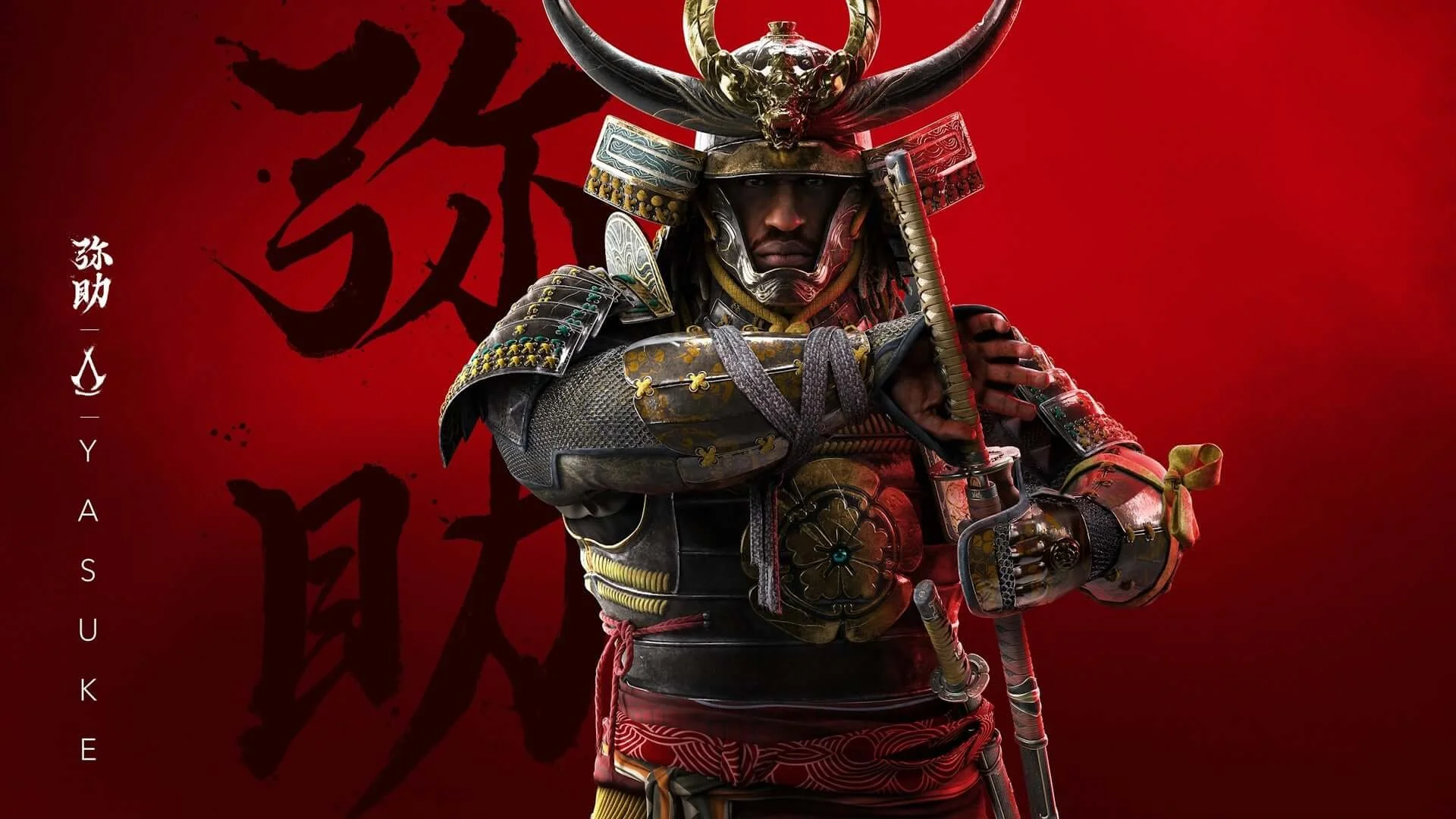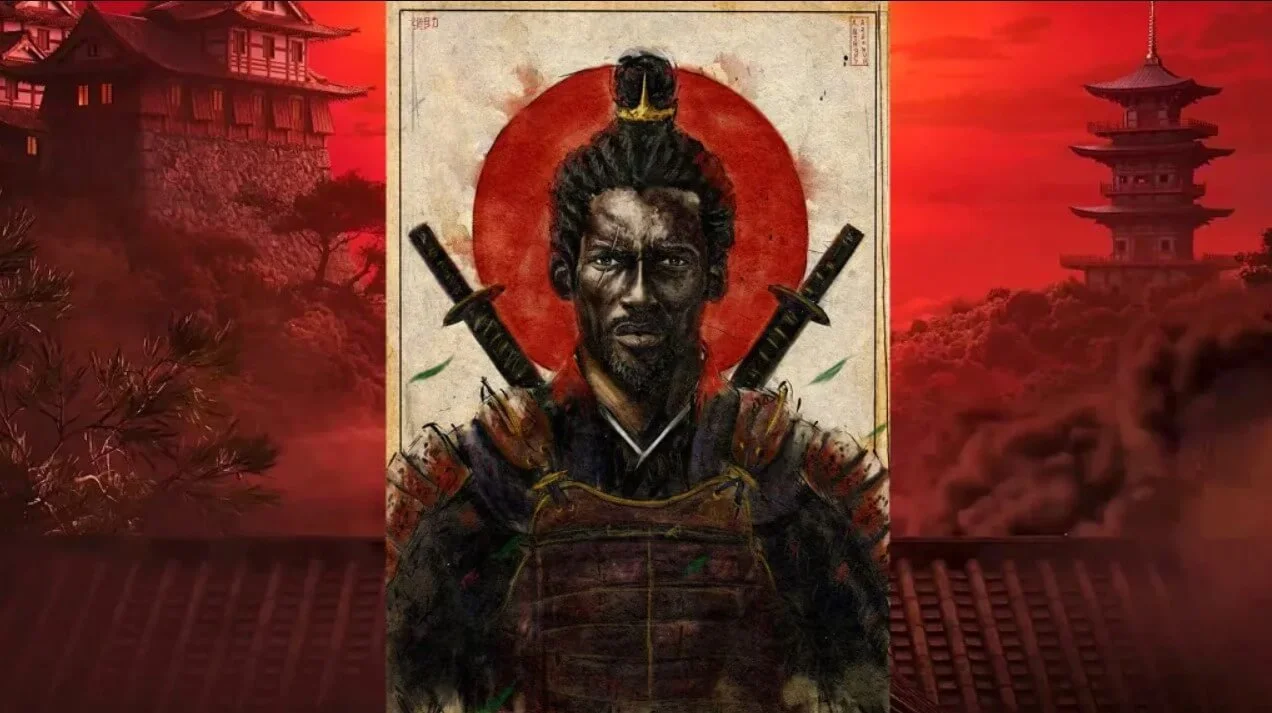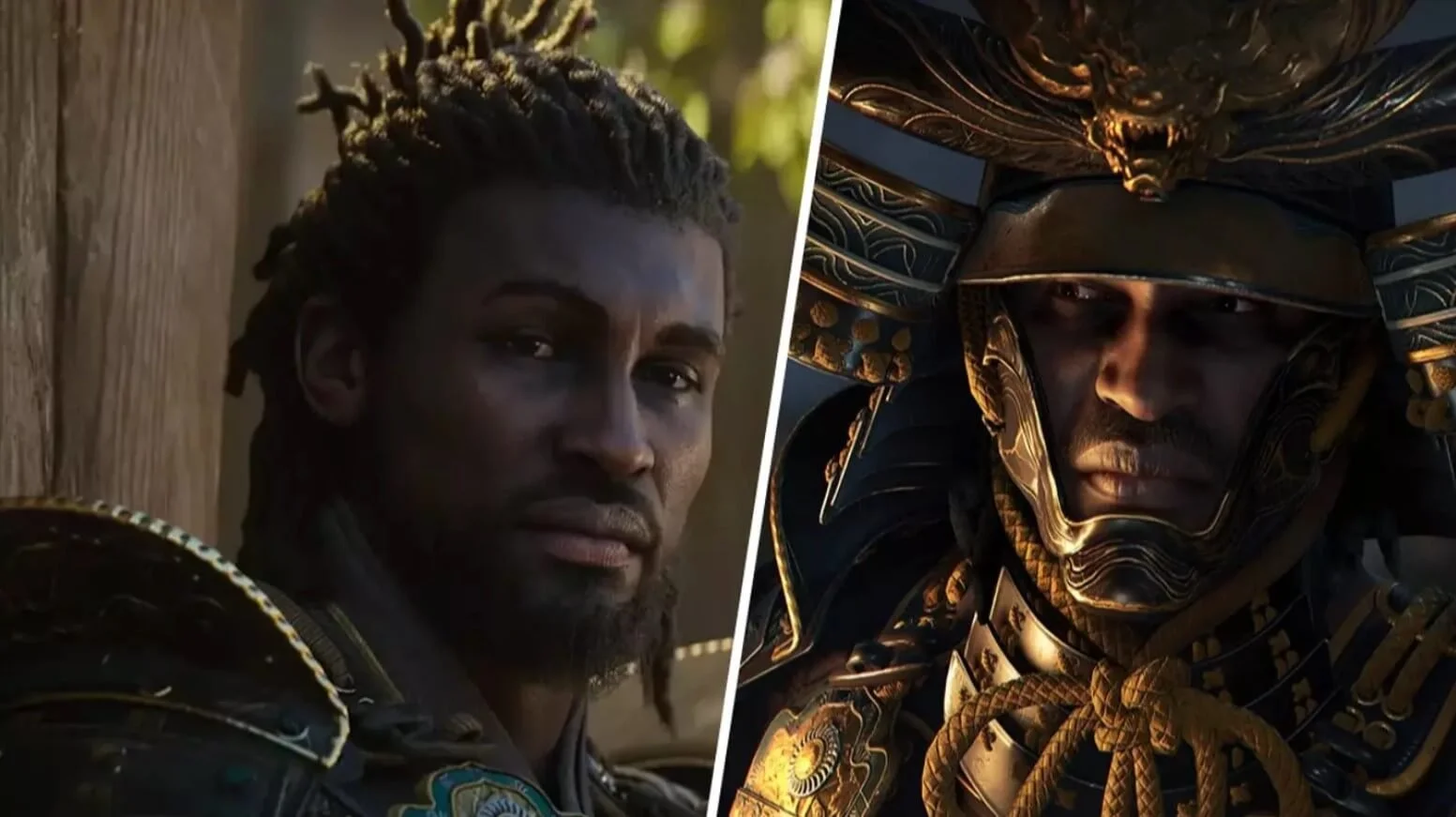Ubisoft's latest installment in the Assassin's Creed series, "Assassin's Creed Shadows," has ignited a fervent debate within the gaming community. The game's narrative centers around Yasuke, a historical Black samurai, set in feudal Japan. Yasuke served under Oda Nobunaga in the 16th century, and his story, though lesser-known, is gaining renewed interest.
The Historical Yasuke
Yasuke was an African warrior who arrived in Japan in the late 16th century and became a retainer of the powerful daimyo Oda Nobunaga. His historical presence has been documented, albeit sparingly, providing Ubisoft with a unique narrative opportunity. The game aims to explore his experiences and the challenges he faced as an outsider in Japanese society.
The Controversy
The controversy began with the release of the game's trailer. Critics argue that Ubisoft's decision to focus on Yasuke over a native Japanese protagonist is a move driven by modern political correctness rather than historical accuracy. Some fans feel that this choice diverts from the series' potential to highlight East Asian protagonists, while others question the authenticity of Yasuke's depiction as a samurai.
Support for Yasuke's Story
On the other side, many applaud Ubisoft for bringing Yasuke's story to the forefront. They highlight the importance of diversity in media and the value of representing historical figures who have been overlooked. Yasuke's inclusion is seen as a way to enrich the narrative and provide a fresh perspective on Japanese history. Supporters also note that Yasuke's story has been previously validated in other games and media, underscoring his legitimacy as a historical figure.
Ubisoft's Response
Ubisoft has defended its creative direction, emphasizing that Yasuke's unique perspective enriches the narrative experience. By portraying Japan through the eyes of an outsider, the game offers a novel exploration of cultural interactions and societal dynamics. Ubisoft aims to strike a balance between historical fidelity and creative storytelling, ensuring that Yasuke's story is told with respect and depth.
Broader Implications
The debate around "Assassin's Creed Shadows" reflects broader discussions on representation and authenticity in the gaming industry. As video games continue to be a powerful medium for storytelling, the choices developers make about their characters and narratives are increasingly scrutinized. Ubisoft's decision to feature Yasuke highlights the challenges and opportunities in balancing historical accuracy with inclusive storytelling.
In conclusion, "Assassin's Creed Shadows" has become a flashpoint in the ongoing dialogue about diversity in media. As the release date approaches, it remains to be seen how the game will be received and whether it will succeed in bridging the gap between historical intrigue and modern representation.









